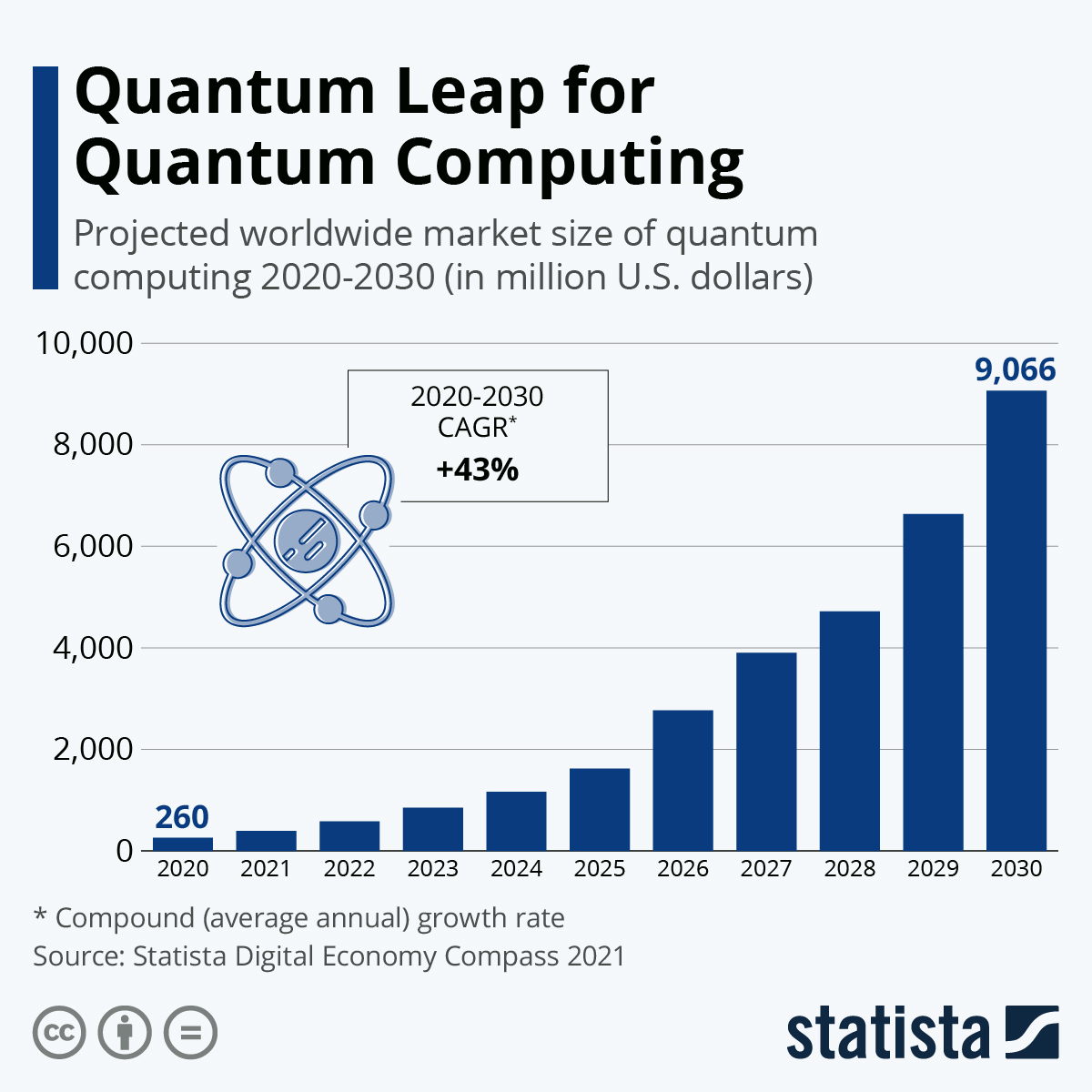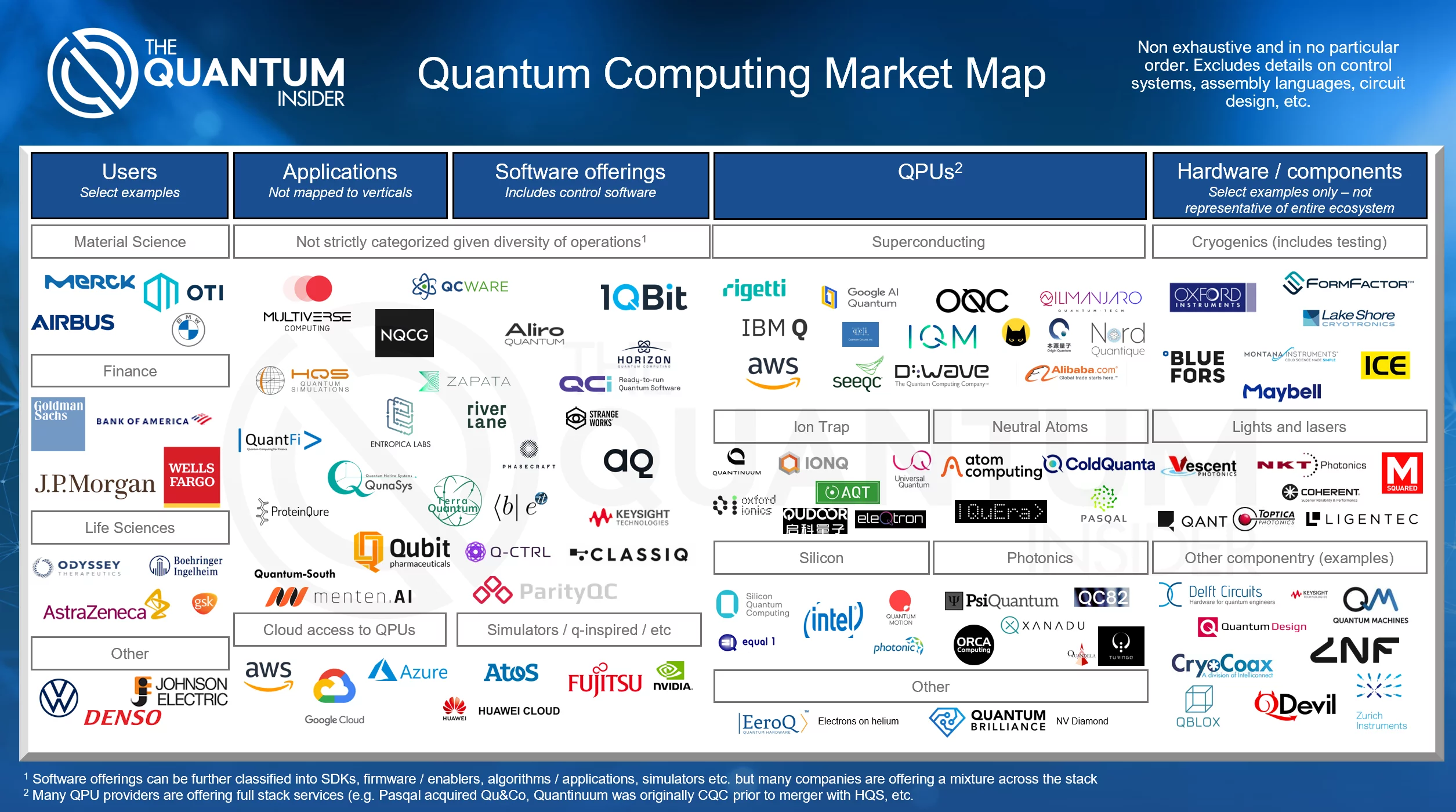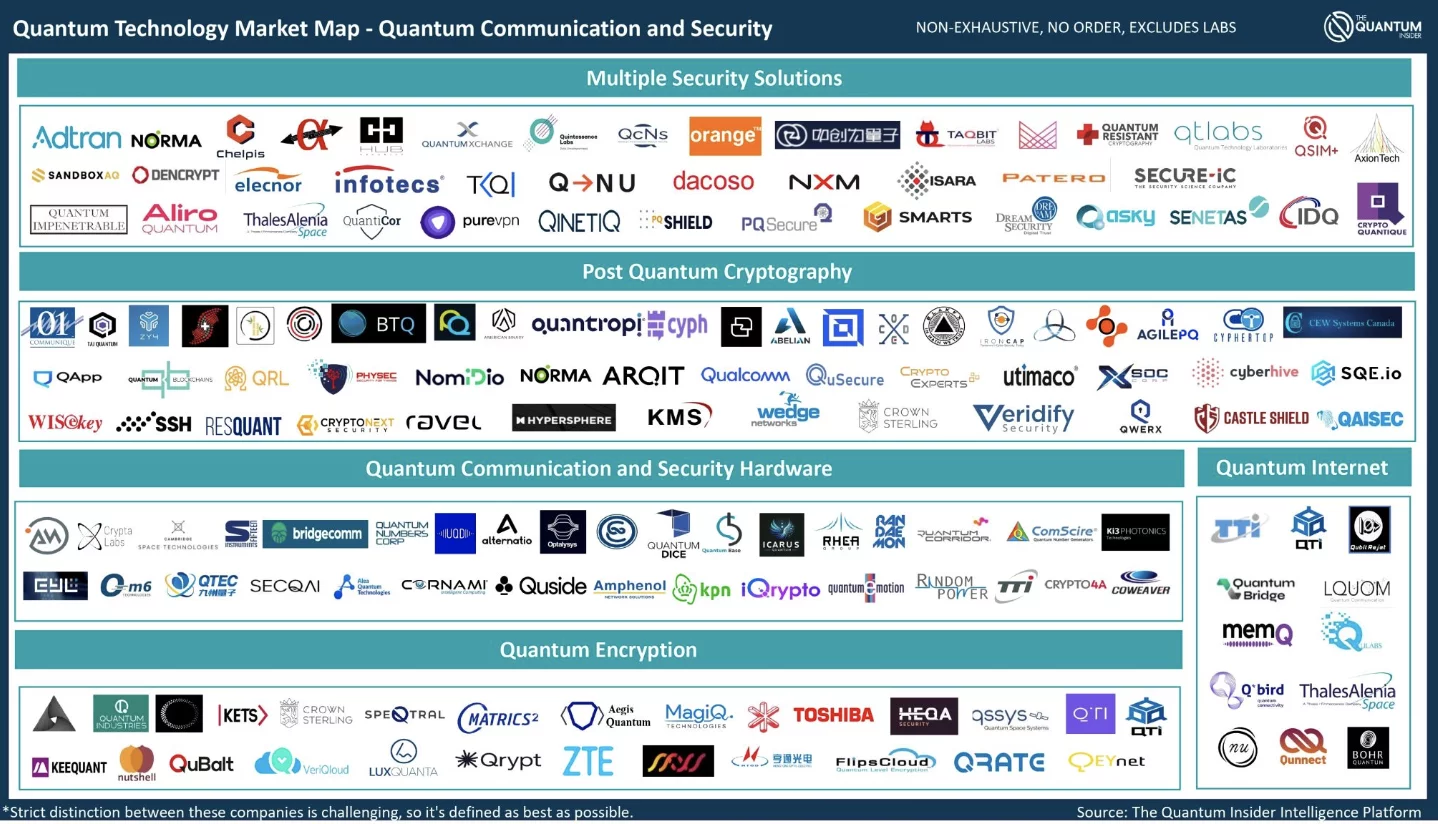The Quantum Technology Development and the Future
Quantum technology is increasingly becoming a pivotal area of research and investment, particularly as its potential for groundbreaking advancements in computing and other sectors becomes clear. Over the past few years, quantum technology has shifted from being a purely academic pursuit to a growing industry that could fundamentally change how we approach complex problems in science, medicine, finance, and more.
As of 2024, Taiwan has demonstrated a strong presence in the semiconductor industry, which serves as a solid foundation for advancements in quantum technology. Taiwan’s role in manufacturing and R&D within the semiconductor ecosystem uniquely positions it to explore quantum technologies, potentially setting the stage for its next major technological leap. This shift is especially relevant as global markets and governments alike continue to invest heavily in quantum innovation, seeing its potential to redefine industries across the board.
What Does the Current Division of the Quantum Technology Market Look Like?
The quantum technology market can be divided into three main categories, quantum computing, quantum communication, and quantum sensing. Each of these has its own unique applications and challenges:
- Quantum Computing: Focused on leveraging quantum bits (qubits, analogy from bit) to perform computations far beyond the capabilities of classical computers.
- Quantum Communication: Using quantum principles to create secure communication networks, often referred to as quantum encryption or quantum key distribution (QKD).
- Quantum Sensing: Leveraging quantum effects for ultra-sensitive measurements, which can be applied in industries like medical imaging, navigation, and materials science.
At present, the quantum computing sector has garnered the most attention due to its potential to solve computational problems that are currently intractable. However, communication and sensing technologies are also rapidly advancing, with the potential for immediate application in fields like cybersecurity and precision measurement. The global quantum technology market is projected to grow significantly, with a compound annual growth rate (CAGR) of 25% from 2024 to 20341. The market is expected to surpass $2 billion by 2034


Quantum Computing and Its Strength
Quantum computing’s strength lies in its ability to solve complex problems that classical computers either take too long to compute or are unable to process efficiently. Classical computers operate using bits, which represent data as either 0s or 1s. Quantum computers, on the other hand, use qubits, which can represent both 0 and 1 simultaneously due to a phenomenon called superposition. Also shows the entanglement between qubits. With two powerful properties, the operation of the qubit can process vast amounts of information in parallel, offering exponential speedup in certain computations in principle.
Key Strengths of Quantum Computing:
- Factorization and Cryptography: Quantum algorithms, like Shor’s algorithm, can potentially break widely-used cryptographic protocols, revolutionizing fields like cybersecurity.
- Optimization: Quantum computers excel in optimization problems, which are common in industries like logistics, finance, and manufacturing.
- Simulation of Quantum Systems: In fields like materials science, chemistry, and drug development, quantum computers can simulate quantum systems, enabling breakthroughs that would be impossible with classical computers.
Quantum Algorithms
The development of quantum algorithms is one of the most critical aspects of quantum computing. Algorithms like Shor’s algorithm (for factoring large numbers) and Grover’s algorithm (for searching unsorted databases) have already demonstrated quantum computers’ potential to outperform classical counterparts in specific tasks. Quantum algorithms continue to evolve, with researchers developing new approaches tailored to optimization, machine learning, and simulation challenges.
Quantum machine learning is another emerging field, with algorithms being developed to run on quantum computers that could revolutionize artificial intelligence. As quantum hardware improves, these algorithms are expected to be instrumental in unlocking the full potential of quantum computers.
However, the current hardware without logical qubit (only physical qubit so far, in theory, for those 0.1% operation errors will need 1000+ physical qubit to assemble a single logical qubit), which still shows the error during the calculation and for those algorithm, that needs thousands of the logical qubits to do Shor’s or Grover’s algorithm to solve the “real” problem. That means who make the first full stack system without the error correction for the logical qubit that is scalable will be the winner in this quantum computing technology race.
Potential Application Markets for Quantum Computing
Quantum computing holds potential applications across various industries. In theory, those can be addressed in the future as both the software and hardware are improved. Here are some possible applications that make the break evolution in various fields:
- Pharmaceuticals and Medicine: Quantum simulations could lead to new drug discoveries by modeling complex molecular interactions faster and more accurately than classical computers.
- Finance: Quantum computers can optimize investment portfolios, model financial markets, and improve risk analysis.
- Logistics and Supply Chain: Optimizing large-scale logistics, routing, and supply chain management can be tackled more efficiently using quantum algorithms.
- Energy: Quantum computing could improve energy grid management, battery technology, and materials for renewable energy solutions.
- Artificial Intelligence: Quantum machine learning models could drastically improve the speed and performance of AI systems, leading to more sophisticated AI applications.
The Current Quantum Computing Market and Trends
The global quantum computing market is still in its early stages, but significant growth is anticipated over the next decade. According to industry reports, the quantum computing market is expected to grow at a compound annual growth rate (CAGR) of around 30%, with major investments pouring in from governments, private corporations, and startups. Nowadays, based on the strength of the AI and semiconductor chip manufacturing all over the world, it is hard to know how many private and government money would like to invest into the quantum technology, although it seems to have the bright future in the following decades.
Countries like the United States, China, and those in the European Union are leading the charge, with substantial government funding allocated to quantum research and development. Major tech companies like IBM, Google, and Microsoft are making breakthroughs in quantum hardware, while a growing number of startups are focused on software and algorithm development.
In Taiwan, the quantum market is also gaining momentum, with collaborations between academia, industry, and government to explore quantum technologies’ potential applications. Taiwan’s strong semiconductor industry provides an excellent infrastructure for developing quantum hardware, positioning it as a potential leader in the region’s quantum efforts.


Personal Point of View
Qantum technology represents one of the most exciting frontiers in modern science. Its potential applications in computing, security, and industry are vast, and we are only just beginning to scratch the surface of what is possible. In particular, Taiwan’s established semiconductor ecosystem offers a unique opportunity to become a key player in quantum technology development.
Attending the 2024 Quantum Taiwan Forum in Semicon Taiwan on September reinforced my belief that Taiwan has the resources, talent, and infrastructure to be at the forefront of quantum advancements. As the world increasingly looks to quantum technologies to solve the challenges of the future, Taiwan’s ongoing efforts in quantum research and collaboration across industries will be crucial to its success.
I would say that the quantum technology all over the world is growing, especially for the quantum computing, which could be the next generation with the breakthrough revolution for the whole world to reduce the computing energy consumption and accelerate the calculation for the certain applications that is hard to solve in present.